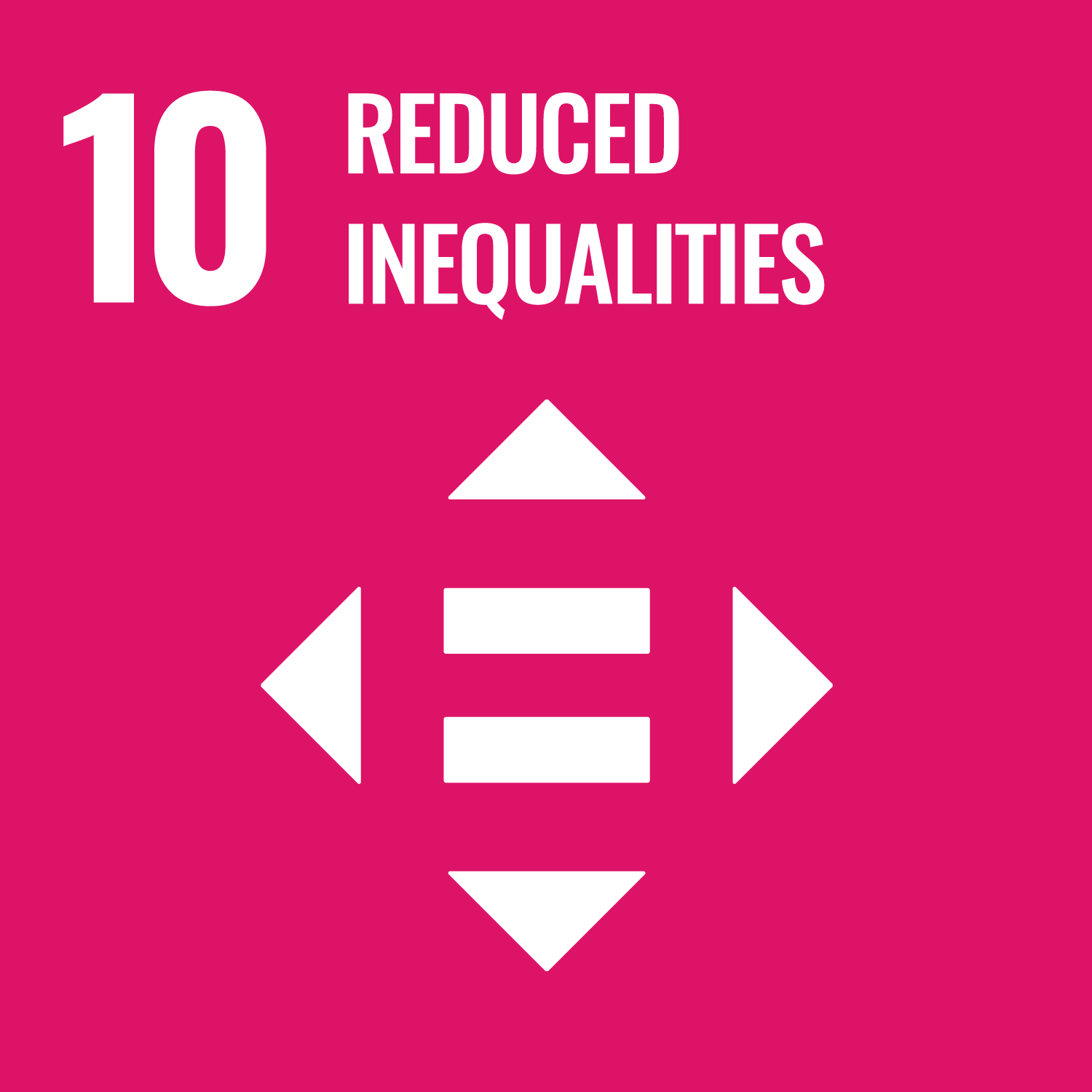ORCID
- Pei Fen Poh: 0000-0002-9078-6929
- Matthew C. Carey: 0000-0003-3411-0657
- Jos M. Latour: 0000-0002-8087-6461
Abstract
The impact of ethnicity on parental health outcome after paediatric intensive care unit (PICU) discharge remains unclear. Thirteen medical and healthcare databases, unpublished studies and grey literature were searched up to November 5, 2021. We performed a mixed-method systematic review to understand the impact of ethnicity on parental outcomes after PICU discharge, including eight quantitative and eight qualitative studies. Among 1529 parents included, 1064 (72%) were White. Higher prevalence of post-traumatic stress disorder was seen in Black parents (17% White vs 36% Black, p = .03). Latino ethnicity was found to have protective effect against anxiety as compared to White parents (coefficient − 4.27, p < .001). A total of 91 findings were aggregated into 14 categories, and the five synthesized themes from the eight qualitative studies were long-term psychological impact after PICU, use of coping strategies, challenges of re-integration, changes in relationships and the utilization of formal support services and resources. Mixed-method synthesis found that parents of ethnic minority group were underrepresented (18%) and had higher attrition rates in a longitudinal study as compared to White parents following childhood critical illness. Conclusion: There are significant gaps in evidence related to the impact of ethnicity on long-term parental health outcomes after PICU discharge. Ethnic diversity and inclusiveness in long-term PICU research may aid understanding of the parental experiences and outcomes to close the gap in health disparity.
DOI Link
Publication Date
2022-09-13
Publication Title
European Journal of Pediatrics
ISSN
0340-6199
Acceptance Date
2022-08-16
Deposit Date
2022-08-17
Embargo Period
2023-09-13
Recommended Citation
Poh, P., Carey, M., Lee, J., Manning, J., & Latour, J. (2022) 'Impact of ethnicity on parental health outcomes and experiences after paediatric intensive care unit discharge: A mixed-methods systematic review', European Journal of Pediatrics, . Available at: 10.1007/s00431-022-04595-5


